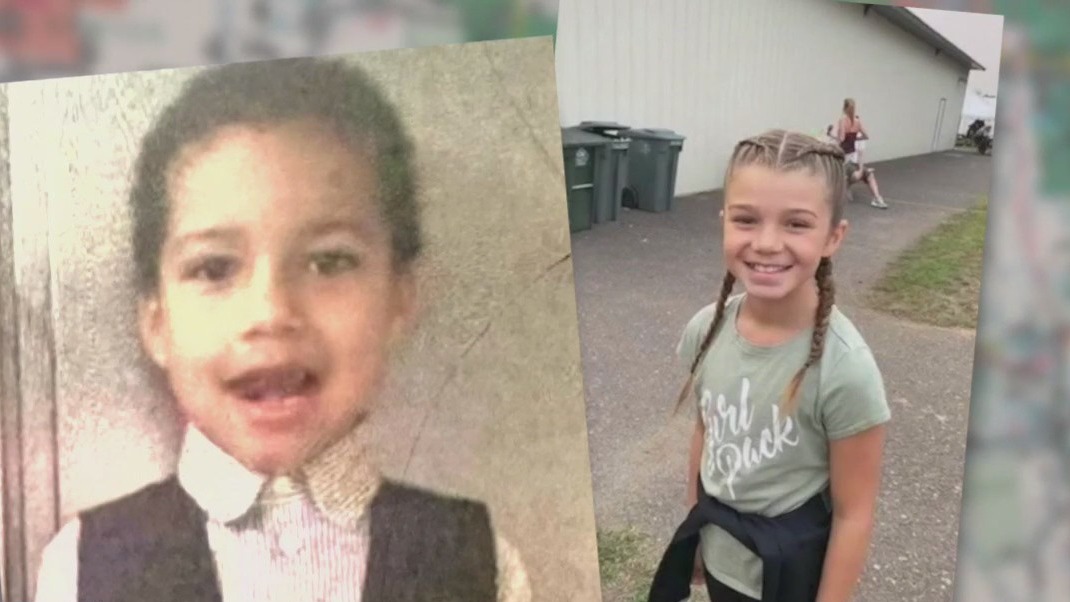Wisconsin Assembly approves Prince Act for missing child alerts

Wisconsin Assembly approves Prince Act
The Wisconsin Assembly on Thursday, Feb. 22 passed the "Prince Act" – a bill that aims to address gaps in the current requirements for Amber Alerts.
MILWAUKEE - The Wisconsin Assembly on Thursday, Feb. 22 passed the "Prince Act" – a bill that aims to address gaps in the current requirements for Amber Alerts. Already approved by the Wisconsin Senate, the bill now goes to Gov. Tony Evers' desk.
This bill is named after Prince McCree, the 5-year-old Milwaukee boy who was found dead after being reported missing in 2023.
SIGN UP TODAY: Get daily headlines, breaking news emails from FOX6 News
On a given day, an average of seven Wisconsin children are reported missing, the Wisconsin Department of Justice reports. It means a couple thousand each year, but most do not get an Amber Alert; since 2003, the state has only issued a total of 61 such alerts.
"When their safety is in danger, our children deserve to be searched for as immediately and as thoroughly as possible," said State Rep. Shelia Stubbs (D-Madison) on the Wisconsin Assembly floor. "The tragic homicide of 5-year-old Prince McCree of Milwaukee starkly underlines the gaps in our current procedures for locating missing children."
An Amber Alert was never issued for McCree, whose family reported him missing on Oct. 25, 2023. Milwaukee police did request an Amber Alert, but the state did not issue one. McCree's body was found in a dumpster the next day.
"His community was under-notifed and under-informed about an emergency taking place in their midst," Stubbs said. "Something must be done to close this gap."
The bill the Wisconsin Legisalture approved this week is named after Prince, standing for: Protection and Recovery Involving Non-located Children Endangered. It was also inspired by the 2022 disappearance of Lily Peters. There was no Amber Alert when the 10-year-old went missing in Chippewa Falls. She, too, was later found dead.
FREE DOWNLOAD: Get breaking news alerts in the FOX6 News app for iOS or Android.
The new bill would allow something like a Silver Alert for missing children like McCree and Peters – those who don’t meet the stricter criteria of an Amber Alert. There are currently three requirements for issuing an Amber Alert:
- The child must be 17 years old or younger.
- The child must be in danger of serious harm or death.
- Police must have "descriptive information about the child, the suspect and/or the suspect vehicle to believe an immediate broadcast alert will help locate the child."
The new alert would go out for children who cannot return home without help, or if the child is younger than 10.
Silver Alerts usually ping phones within a five-mile radius. The Amber Alert goes farther; the state determines the reach of the Amber Alert on a case-by-case basis.
McCree never made it to 6 years old, and Peters never made it to 11 – but now their deaths are leading to calls for change in the state they called home, helping other missing children get the emergency alerts they never did.


